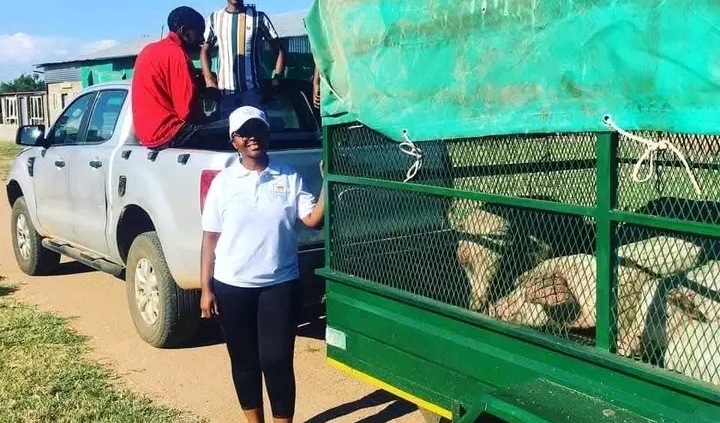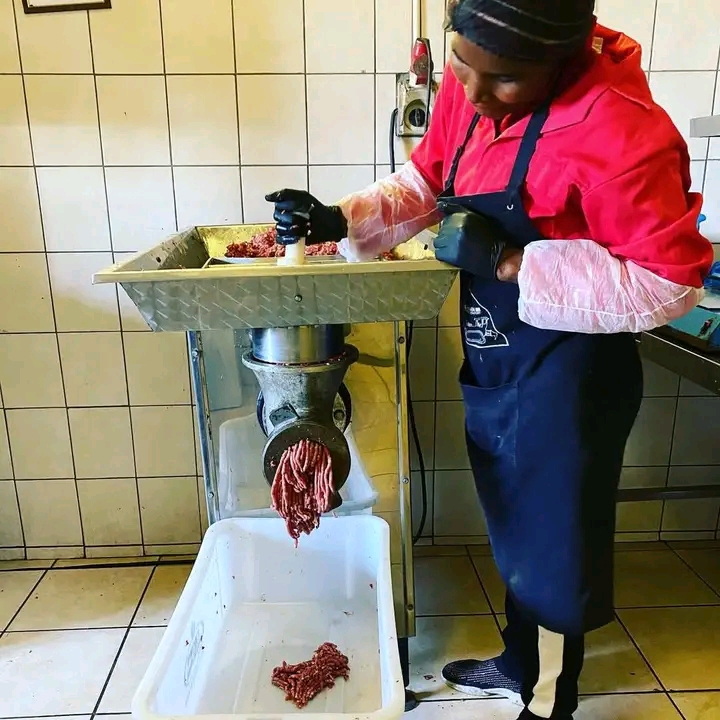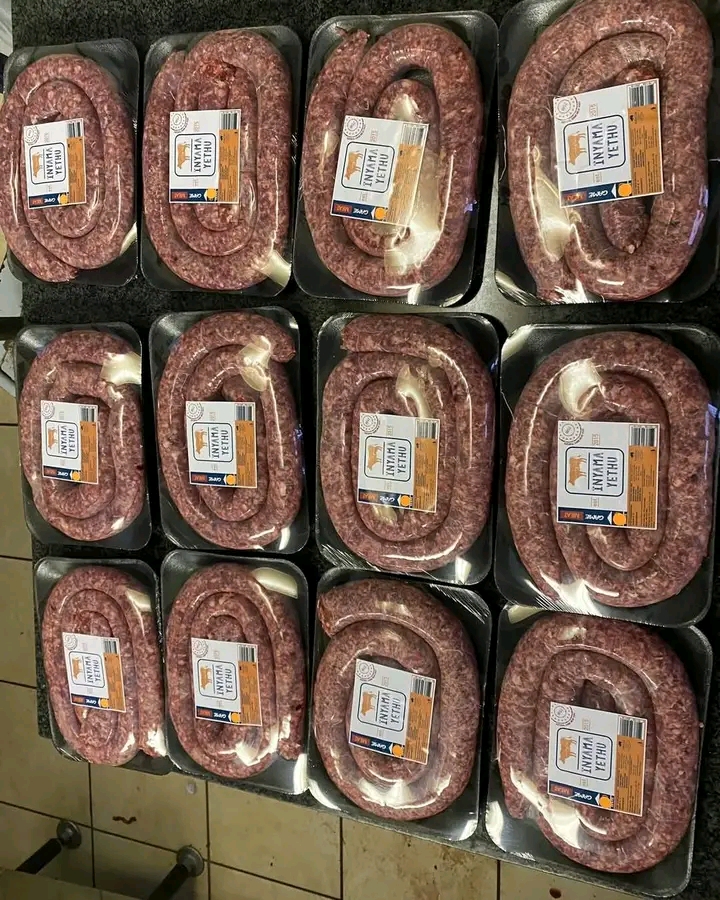Inyama Yethu’s Story: How Nomathemba Langa Built a Thriving Meat Brand

Inyama Yethu’s Story: How Nomathemba Langa Built a Thriving Meat Brand. In 2015, Nomathemba Langa founded Inyama Yethu, a meat processing company based in Brits, North West. Today, she stands as a beacon of entrepreneurial success, having transformed a modest piggery into a comprehensive meat enterprise that includes breeding, slaughtering, processing, and retailing operations. Her journey offers valuable insights for aspiring entrepreneurs, particularly in agriculture and food production.
From Family Roots to Entrepreneurial Pursuits
Langa’s foray into farming was deeply influenced by her father, Simphiwe Zikalala, who purchased the Zvezda Game Resort in 2013 with the vision of fostering a family legacy in agriculture. Encouraged to select a venture that would benefit both the family and the community, Langa gravitated towards pig farming. Determined to make a difference, she pursued piggery training in Pietermaritzburg, which solidified her commitment to commercial pig farming.

Overcoming Regulatory Hurdles
Establishing a meat processing business came with its share of challenges. One significant obstacle was obtaining the necessary environmental impact assessment (EIA) report, a prerequisite for compliance with red meat regulations. The cost of conducting a new EIA was prohibitive, estimated at around R250,000. However, a thorough search revealed that an EIA had been completed years earlier when the farm was initially acquired. This discovery enabled Langa to secure essential certifications, such as veterinary approvals and abattoir gradings, facilitating the expansion of her operations.
Strategic Growth and Market Penetration
With the necessary certifications in place, Inyama Yethu began supplying quality pork to retailers and individual customers. Langa’s strategic approach involved not only scaling up production but also ensuring compliance with industry standards, which was crucial for building trust with clients. Despite facing challenges such as fluctuating feed costs and market access limitations, her resilience and commitment to quality helped the business thrive.

Community Engagement and Mentorship
Beyond business operations, Langa is dedicated to community development. She mentors students from institutions like Tompi Seleke College of Agriculture and Tshwane University of Technology, providing them with practical training in animal production. Additionally, she offers training to recovering substance-abuse addicts, using her farm as a platform for rehabilitation and skill development. This commitment to social responsibility underscores her belief in giving back to the community that supports her business.
Lessons for Aspiring Entrepreneurs
1. Leverage Existing Resources: Utilize available assets and infrastructure to minimize startup costs and accelerate growth.
2. Prioritize Compliance: Adhering to industry regulations is essential for credibility and market access.
3. Embrace Continuous Learning: Invest in education and training to enhance expertise and adapt to industry changes.
4. Engage with the Community: Building strong community ties can provide support and foster goodwill.
5. Persevere Through Challenges: Resilience and determination are key to overcoming obstacles and achieving long-term success.

Conclusion
Nomathemba Langa’s journey from a novice farmer to the founder of a successful meat processing company exemplifies the impact of vision, determination, and community engagement. Her story serves as an inspiration for entrepreneurs seeking to make a meaningful difference in their industries and communities.




